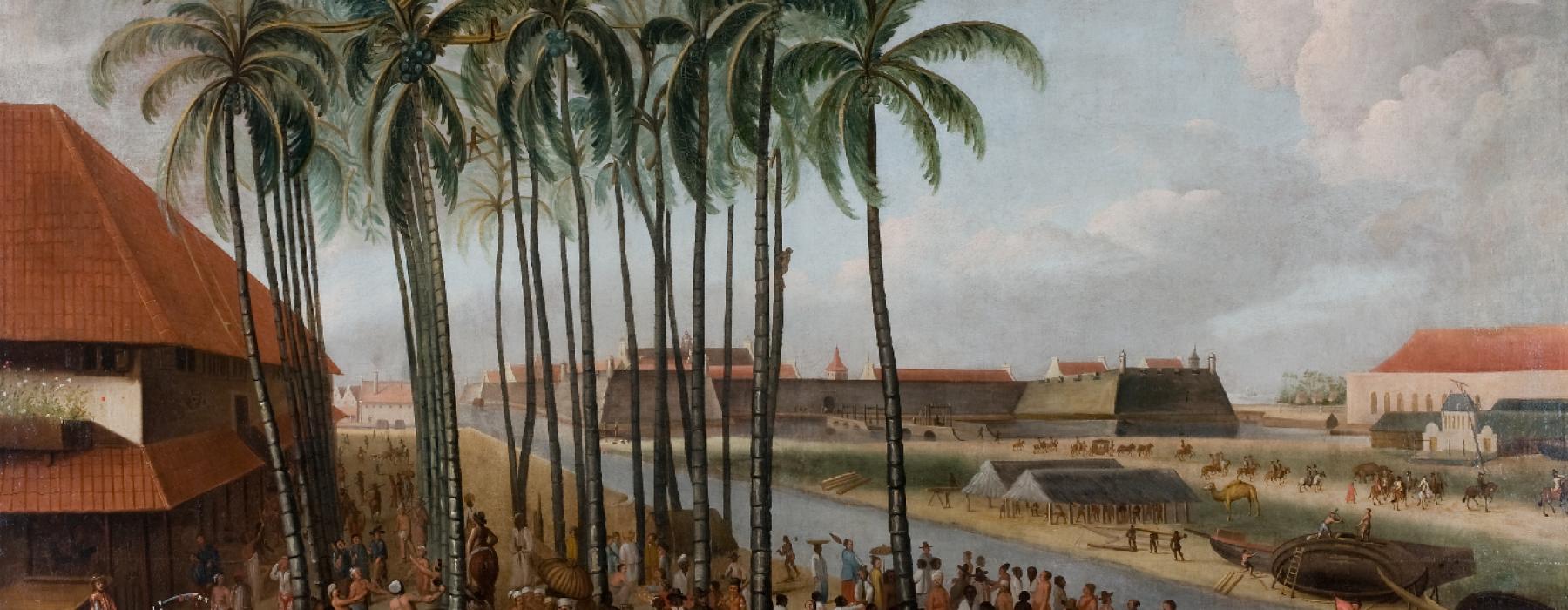
Alternative Histories addresses ongoing questions surrounding the uses of the past in the present. This research area explores the relation between history and practices of ethnographic representation, questions of temporalities within ethnographic museum practices, as well as the politics of history, heritage, erasure and memory.
Ever since the publication of Johannes Fabian’s Time and the Other (1983), questions about the role of time in the representation of the life worlds of ‘others’ have animated the field of anthropology and by extension ethnographic museums. Indeed, questions about representability and temporality have been one of the contested sites around which much of the critique of ethnographic museum practices have revolved. As historical ‘documents’, how do museum’s collections, most of which were collected in the late 19th and early 20th century, shed light on the lifeworlds that they seek to represent?
This research profile is chosen to stimulate reflection on the role that these objects can and do have in the present. What meanings do they have and for whom? How do these collections help us to better understand Dutch and, more broadly, European identity and self-fashioning? What other histories (whether histories of relations, of knowledge, or of technological exchange) do these ethnographic and world cultures collections allow us to write? Conversely, what histories are being written outside the realm of the museum that can impact the ways we understand our collections and what kind of coalitions can we form to be able to contribute to these history writings?